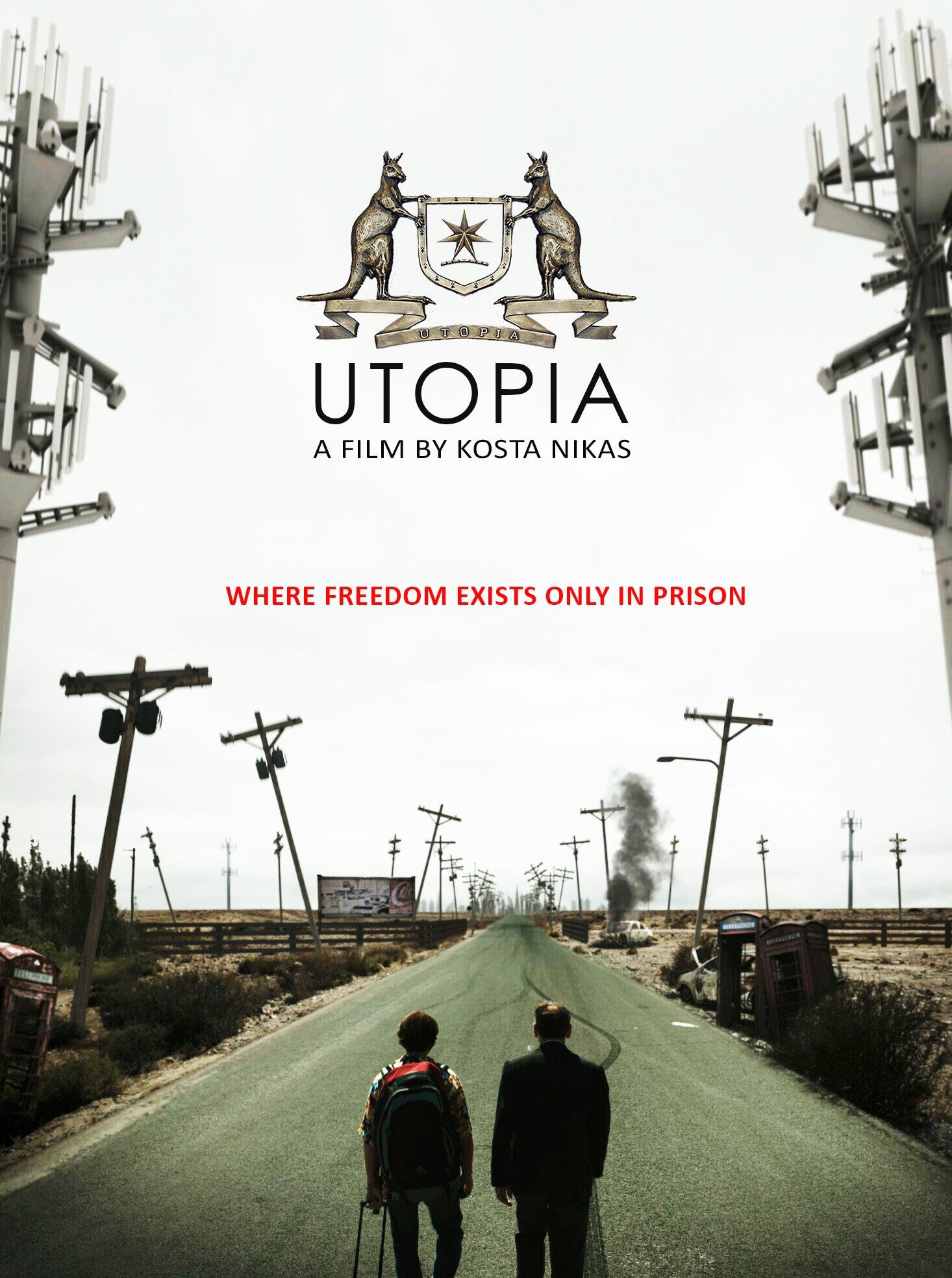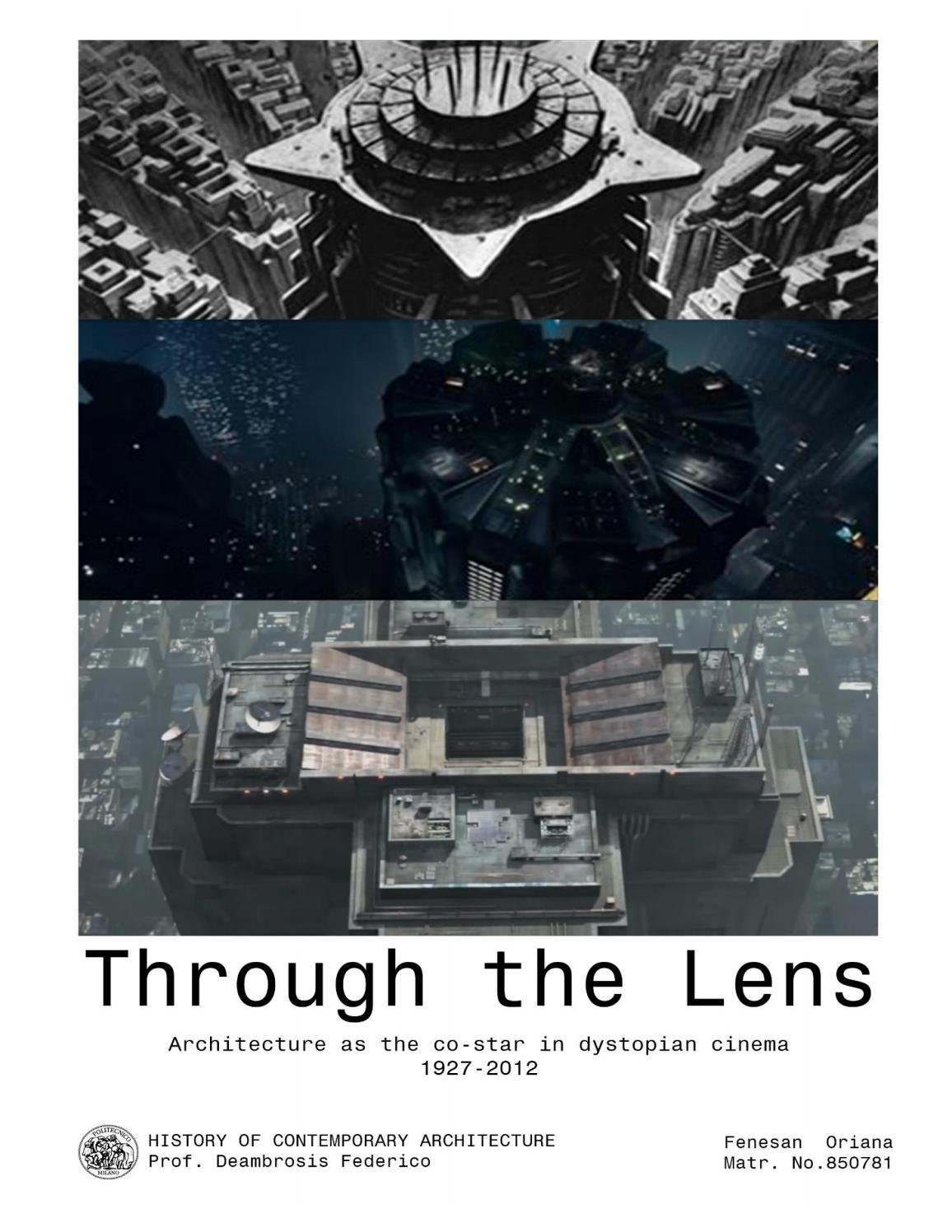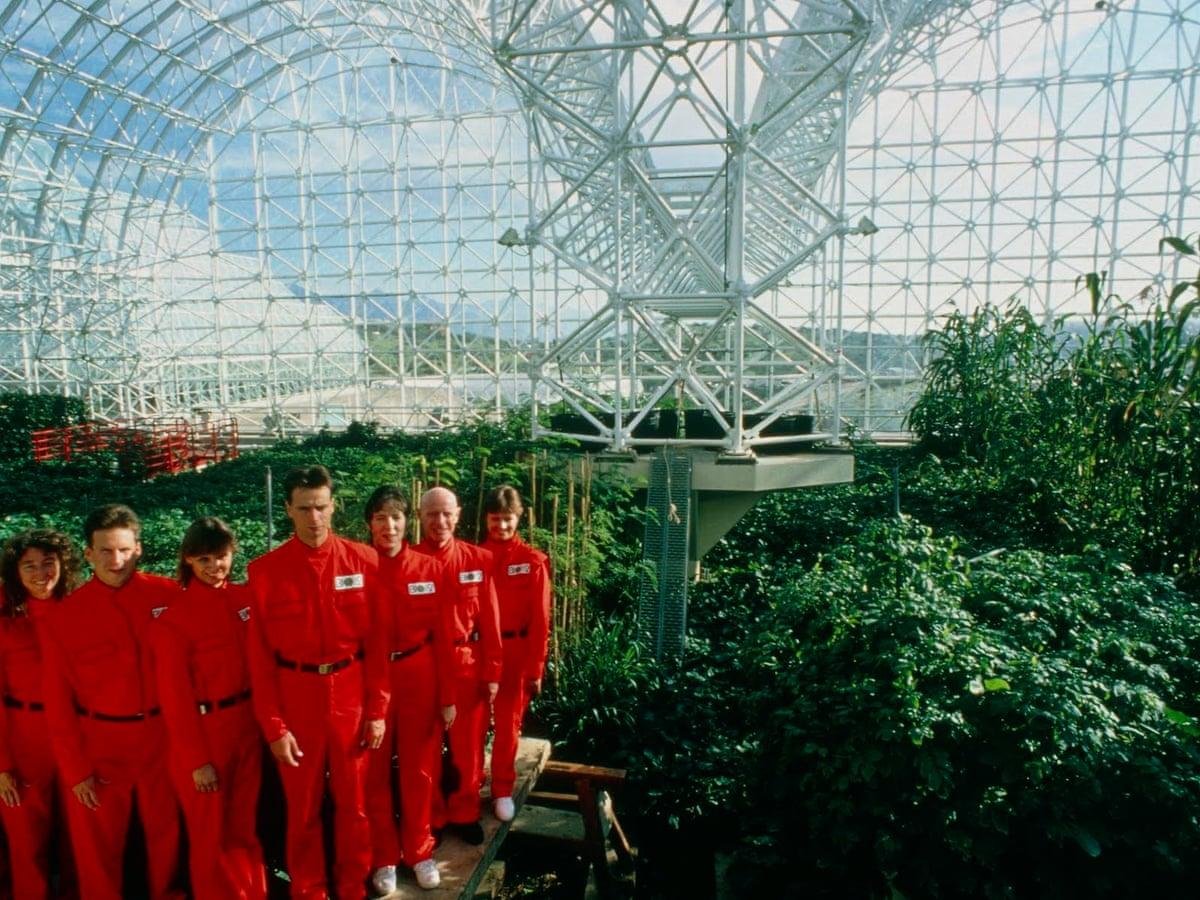Exploring the Dystopian Worlds of Cinema’s Utopia
Welcome to my latest article where we’ll be delving into the fascinating realm of dystopian cinema utopia. From the earliest days of cinema, filmmakers have been drawn to the idea of a society that appears to be perfect on the surface, but hides a much darker reality beneath. These worlds are often bleak, oppressive and nightmarish, but they serve as a powerful warning about the dangers of unchecked power, greed and conformity. In this article, we’ll be exploring some of the most iconic dystopian worlds in cinema, examining the themes and ideas that they explore, and asking what they tell us about our own society. So buckle up and get ready to explore some of the most thought-provoking and unsettling worlds ever committed to film.
Welcome to my latest article where we’ll be delving into the fascinating realm of dystopian cinema utopia. From the earliest days of cinema, filmmakers have been drawn to the idea of a society that appears to be perfect on the surface, but hides a much darker reality beneath. These worlds are often bleak, oppressive and nightmarish, but they serve as a powerful warning about the dangers of unchecked power, greed and conformity. In this article, we’ll be exploring some of the most iconic dystopian worlds in cinema, examining the themes and ideas that they explore, and asking what they tell us about our own society. So buckle up and get ready to explore some of the most thought-provoking and unsettling worlds ever committed to film.

Introduction
Introduction:Welcome to our cinema, movies, and actors blog. Our focus in this article is on the fascinating topic of Dystopian cinema utopia. Dystopian films have always been a popular genre of cinema, exploring the darker side of humanity’s future. These films often showcase a world where society has fallen apart, and the government is oppressive, leading to a bleak and hopeless future for all. However, in recent years, a new trend has emerged in which utopian elements are introduced into dystopian narratives. This shift in focus has led to some of the most thought-provoking and entertaining films of recent times. So, join us as we explore the world of dystopian cinema utopias and discover some of the best films in this genre.
Defining Dystopian Cinema and its Impact on Society
Dystopian cinema is a genre that portrays an imaginary world where human society is dysfunctional and oppressive. It is a cinematic representation of the human struggle against oppression, totalitarianism, and injustice. The impact of dystopian cinema on society is profound as it creates a sense of awareness in people about the potential dangers of totalitarianism and oppressive regimes. The genre has inspired individuals to challenge the status quo, demand change, and stand up for their rights. Through dystopian cinema, people can view the consequences of oppressive societies, and the dangers of authoritarian governments, it’s a reminder of the importance of freedom, democracy, and human rights.
The Rise of Dystopian Cinema Utopia in Popular Culture
The rise of dystopian cinema utopia in popular culture has been a fascinating trend to observe. In recent years, movies and TV shows with dystopian themes have captured the imagination of audiences worldwide. From the bleak futuristic worlds of The Hunger Games and Blade Runner to the apocalyptic wastelands of Mad Max: Fury Road, these films explore the darker side of human nature and the potential consequences of our actions. Despite their grim subject matter, these movies often offer a glimmer of hope for a better future. As viewers, we are forced to confront uncomfortable truths about our society and consider what we can do to create a more just and equitable world.

Key Themes and Motifs in Dystopian Cinema Utopia
One of the key themes in dystopian cinema utopia is the exploration of totalitarian regimes and their impact on society. Many films in this genre focus on the suppression of individuality and the struggle for freedom against oppressive governments. Another recurring motif is the use of advanced technology and its potential for both good and evil. Dystopian cinema utopia often highlights the dangers of unchecked scientific progress and the potential consequences of a world where technology is used for control and manipulation. These themes and motifs have made dystopian cinema utopia a popular and thought-provoking genre that continues to captivate audiences.
Exploring the Role of Technology in Dystopian Cinema Utopia
Exploring the role of technology in dystopian cinema utopia is a fascinating and thought-provoking topic. From the classic films such as Blade Runner to more recent movies like The Hunger Games, technology has played a significant role in shaping the dystopian worlds we see on the big screen. In this article, we’ll delve into the ways in which technology has been portrayed in dystopian cinema, from its potential to liberate humanity to the dangers of becoming too reliant on it. We’ll also examine how technology is used to control and manipulate society in these fictional worlds, and discuss the implications for our own relationship with technology in the real world.
The Relationship between Dystopian Cinema Utopia and Real-Life Political Movements
The relationship between dystopian cinema utopia and real-life political movements is an interesting and complex one. Dystopian films often depict a world where government control and surveillance are rampant, individual freedoms are limited, and rebellion is the only way to achieve change. These themes have been echoed throughout history by various political movements, including those fighting against totalitarian regimes or advocating for civil rights. Conversely, utopian films offer a vision of a better future, where society is just and equitable, and people are free to live their lives without fear or oppression. These films can serve as a source of inspiration for those seeking to create a better world, and can also provide a cautionary tale about the dangers of unchecked power.

Comparing and Contrasting Dystopian Cinema Utopia with Other Genres
Comparing and contrasting dystopian cinema utopia with other genres is an interesting exercise that sheds light on the unique features of the dystopian genre. Unlike other genres, dystopian cinema utopia has a distinct focus on the exploration of the negative consequences of societal or technological advancements. Dystopian films often present a bleak picture of society, where individuals are oppressed and living conditions are harsh. In contrast, other genres such as romance, action, or comedy, typically present a positive and optimistic view of life. By examining the differences between dystopian cinema utopia and other genres, we gain a deeper understanding of the power of cinema to reflect and critique our society’s values and beliefs.
The Future of Dystopian Cinema Utopia
The future of dystopian cinema utopia is both exciting and terrifying. With advancements in technology and the ever-changing social and political climate, filmmakers have endless possibilities when it comes to creating dystopian worlds. However, as we continue to face real-life challenges such as climate change, social inequality, and political unrest, the line between dystopia and reality becomes increasingly blurred. It will be interesting to see how filmmakers navigate this fine line and continue to push the boundaries of the genre while also shining a light on important issues.
Critical Analysis of Dystopian Cinema Utopia
Critical analysis of Dystopian Cinema Utopia is an important aspect of understanding the impact of the genre on the movie industry. This type of cinema deals with the portrayal of a future society where things have gone wrong and the world is in a state of chaos. The genre has been popularized by movies such as The Matrix, Blade Runner, and Minority Report, which have all tackled issues of power, control, and the loss of individual freedoms. The themes of dystopian cinema utopia are relevant to our society, making these movies relatable and impactful. By analyzing the movies in this genre, we can better understand the societal issues that they address and the impact they have on our culture.
Conclusion
In conclusion, dystopian cinema utopia is a popular genre that has captivated audiences for years. Through the exploration of bleak and often terrifying worlds, filmmakers have been able to highlight important social and political issues. From the Hunger Games to Blade Runner, dystopian cinema has showcased a wide range of creative visions that have challenged our perceptions of the world. As we continue to face complex challenges in our society, we can look to dystopian cinema as a powerful tool for sparking conversation and inspiring change.
For more information about Dystopian cinema utopia, including movie details, cast information, etc..
check out the filmaffinity page.



